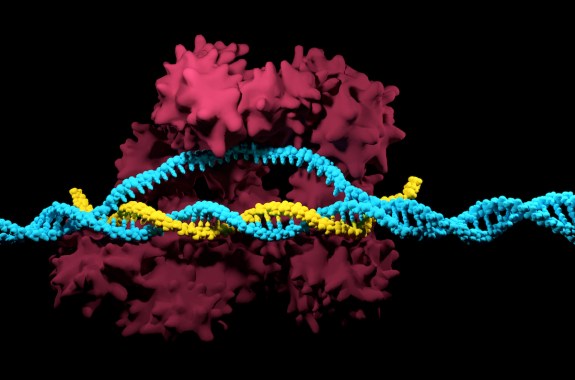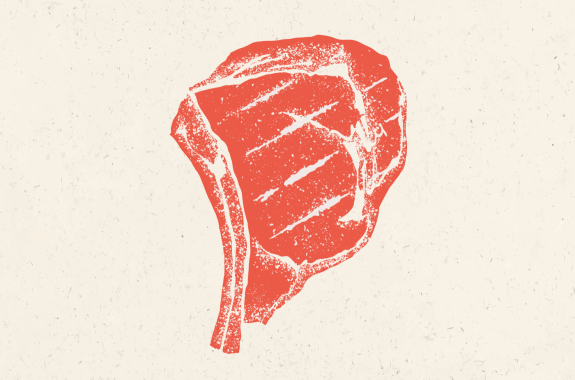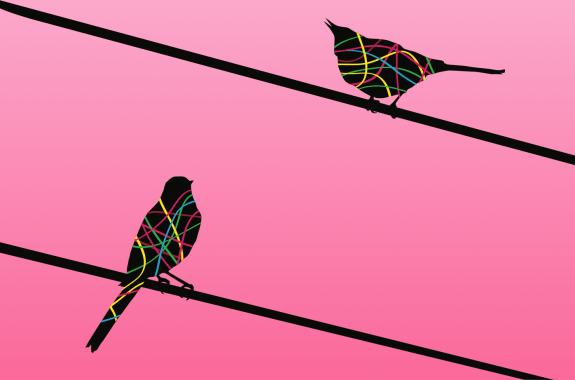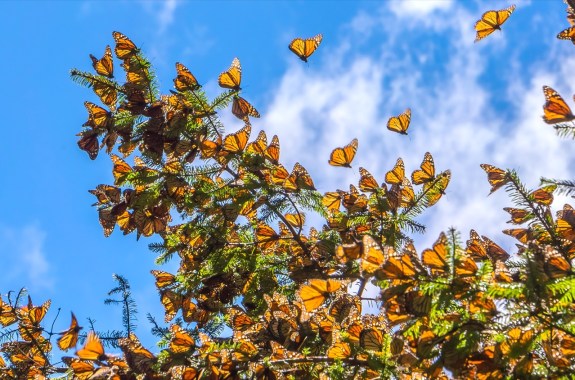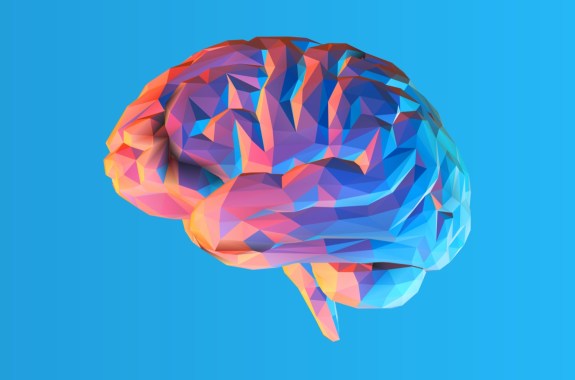Radio
Listen to Science Friday live on Fridays from 2-4 p.m. ET
November 22, 2024
On the 50th anniversary of Lucy’s discovery, paleoanthropologists reflect on what she means to science, and what she taught us about ourselves. Plus, divers have recovered seeds of a long-lost rye variety from a 146-year-old shipwreck in Lake Huron. And, just in time for Thanksgiving, a potato researcher explains potato varieties, potato nutrition, and some tubular tuber facts.
9:21
One Step Closer To Curing Cancer
Doctors say these are the first patients to be cured using CAR-T Cell therapy.
7:41
Team USA’s Skiers Are Using Battery-Heated Shorts At The Olympics
University of Oregon grad students designed heated shorts to keep Olympians’ muscles warm for peak performance.
17:20
Meet The Drag Artists Who Are Making Science More Accessible
Drag performers, like Pattie Gonia and Kyne, are using social media to bring science communication to a wider audience.
12:12
Date Set For International Space Station’s Burial At Sea
In 2031, the International Space Station will join the Mir station and other orbiters in the ocean’s “spacecraft cemetery.”
07:33
Eating Meat May Not Have Spurred Human Evolution
New research suggests early human evolution may not have been driven by eating more meat, questioning a prominent theory.
2:23
The World According To Sound: How Do Songbirds Sing Two Notes At Once?
Listen to the many non-vocal sounds that birds use to communicate.
12:11
Phasing Out “Problematic” Plastics
Companies pledge to stop making hard-to-recycle materials—like straws, cutlery, and stirrers—as early as 2025.
24:09
The Science Of Slip Versus Stick
The answer to why some things are sticky and some things are slippery comes down to the science of surfaces.
10:14
How Long Will California’s Butterfly Boom Last?
Western monarch populations have rebounded exponentially from a terrifyingly low 2,000 in 2020. But will the good times last?
24:29
Why Should You Donate Your Brain To Science?
Despite advances in non-invasive imaging, brain donations are still the gold standard in neuroscience research.
